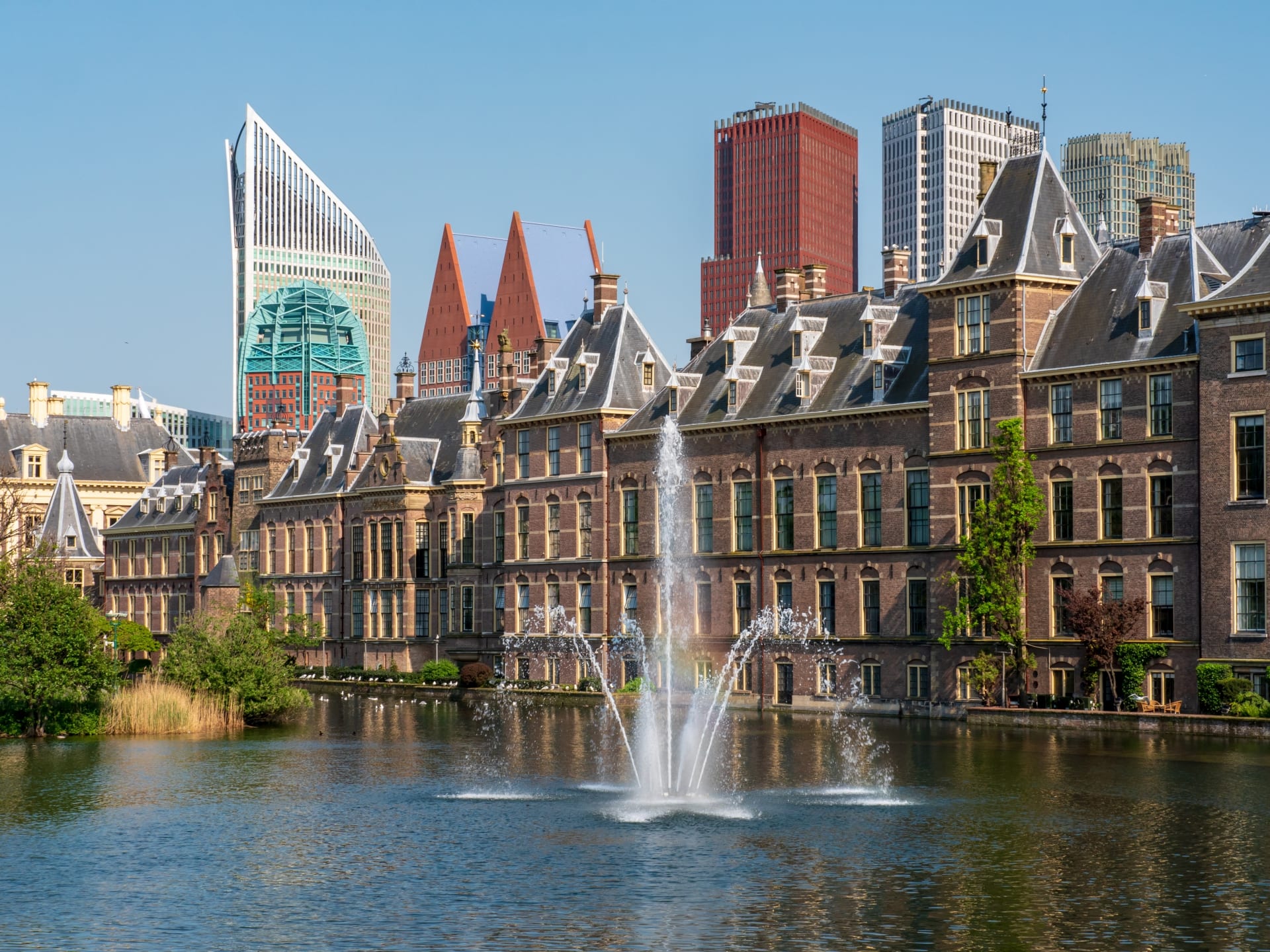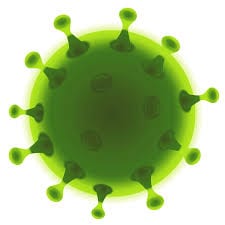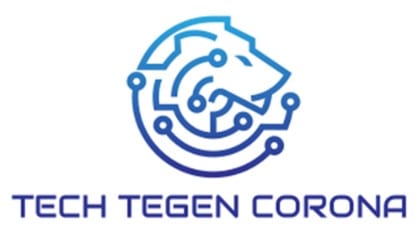25 March 2020
Like in other countries, the coronavirus has a significant impact on the Dutch health care sector. Although the consequences are not only very clear yet, policies are being developed to support hospitals, companies and employees within the healthcare sector as much as possible. This blog provides an overview of some of these policy developments.
Shortages of (medical) devices
There is a shortage of medical devices such as test kits, disinfectants, respiratory equipment and personal protective equipment. To address the shortages, (academic) hospitals have set up a joint procurement agency, and the Ministry of Health has announced the purchase of additional respiratory equipment from abroad and other sectors, such as military institutions, veterinary practices and private clinics. In addition, the government focuses on setting up its own production capacity for medical equipment, in cooperation with companies and technical universities.
During the first parliamentary debate on the coronavirus crisis, GroenLinks (Greens, an opposition party), managed to receive a commitment by the minister of Medical Care, for that Ministry of Health to start a claim procedure with regards to personal protective equipment. However, After the debate, the government announced that this commitment was reconsidered, since the announcement had already deterred multiple sellers and foreign suppliers from supplying in the Netherlands.
IC capacity and medical staff
The capacity of IC departments is being expanded by various measures to prevent excessive overload. The total number of IC places will be increased from 1150 to 2400 beds, and also elective care (e.g. planned surgical procedures) is scaled down to free up beds for Corona patients. In addition to these capacity expansion, there is a centrally coordinated redistribution of patients across the Netherlands, other locations will be set up where artificial respiration can take place, and medical staff will be deployed at the IC department.
Due to the huge demand on healthcare staff, and the fact that they also have to comply with the regulations to stay at home – for example when having the flu, staff shortage is becoming unavoidable. Former care workers are therefore (temporarily) deployed and retrained if necessary. In order to speed up this process, legislation with regards to the BIG-register, amongst other things, has been temporarily made less strict.
In addition, the Ministry of Health has immediately freed up money for extra digital applications to enable support and care from a distance. A special emergency scheme has been set up within the “Stimulating regulation E-health Home” (SET): SET Covid-19. This allows the continuance of the care of vulnerable elderly people that live at home or people with a chronic illness or disability.
Medicines & vaccines
Several measurements have been announced to deal with medicine shortages caused by COVID-19. For example, it has been announced that maximum prices will be abandoned of medicines that have relatively low prices or a low turnover in the Netherlands. The maximum price for individual products outside this category can also be released if there is a threat of shortages. The final criteria are expected to be published at the end of this week. According to several sources, it seems that the Ministry of Health is not intended to postpone the planned revision of the maximum prices for medicines as of 1 April, as stated by various sector associations in a letter to the Ministry.
In addition, companies and researchers in the Netherlands are working hard on the development of a vaccine against COVID-19. Because Dutch legislation and regulations regarding the testing and assessing of new vaccines are much stricter than in other European countries, companies move the follow-up processes in other countries. To prevent this from happening in the future, the ask of the healthcare sector for a reassessment of the Dutch processes for vaccines is becoming stronger.










